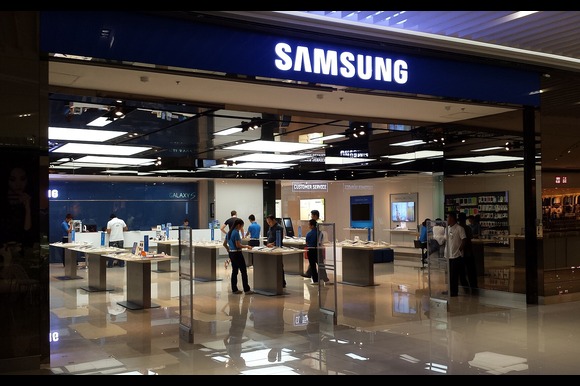Samsung’s de facto leader, Lee Jae-yong, has been acquitted by South Korea’s Supreme Court in a high-profile fraud case, marking the conclusion of a years-long legal saga over a controversial 2015 merger that helped cement his control over the corporate giant.
Lee, the grandson of Samsung’s founder and its acting chairman since 2014, had been accused of stock manipulation and accounting fraud in connection with the $8 billion (£5.97 billion) merger of two Samsung affiliates—Samsung C&T and Cheil Industries. Prosecutors alleged that Lee and his advisors fraudulently inflated the value of his biotech firm, Samsung Biologics, in order to secure a more favorable share ratio during the merger. This move, they argued, helped him solidify his succession within the conglomerate, shifting power from his ailing father, Lee Kun-hee, who suffered a heart attack in 2014 and later died in 2020.
The Supreme Court upheld the not guilty verdicts issued by two lower courts, bringing an end to one of the most closely watched corporate trials in South Korean history. Samsung’s legal team welcomed the ruling, saying: “Today, the Supreme Court has clearly confirmed through its final ruling that the merger of Samsung C&T and the accounting treatment of Samsung Biologics were lawful. We sincerely thank the court for its wise judgment following a thorough five-year trial process.”
The case had drawn widespread attention due to the central role Samsung plays in the South Korean economy and its long history of legal troubles. The trial underscored the country’s continuing struggle with corporate governance reform and efforts to rein in the influence of powerful family-run conglomerates, known locally as chaebols.
Prosecutors had insisted that the merger scheme was part of a broader strategy by Lee to consolidate control of Samsung Group following his father’s incapacitation. They also accused him of engaging in fraudulent accounting practices to overstate Samsung Biologics’ value, thereby facilitating the merger with Samsung C&T.
Lee’s legal troubles date back to 2017, when he was arrested and later convicted for bribing an aide to then-President Park Geun-hye in a separate case linked to his succession. He served time in prison, but his sentence was cut short due to a special presidential pardon. At the time, the government cited the need for economic stability during the Covid-19 crisis, stating that Lee’s leadership was crucial to guiding South Korea’s largest company through a turbulent global economy.
In 2024, a district court found Lee not guilty of all charges related to the merger, a decision that was upheld by the High Court after prosecutors appealed. The Supreme Court’s final ruling now confirms his acquittal, putting an end to nearly a decade of legal wrangling.
Despite his legal battles, Lee has remained a key figure in Samsung’s strategic direction. Last year, during a trial appearance, he acknowledged the mounting challenges facing the conglomerate. “The reality facing [Samsung] is harder than ever, but I will overcome and take a step forward,” he said.
Samsung Electronics, the crown jewel of the Samsung Group, has seen declining sales in recent years amid stiff competition in global smartphone and semiconductor markets. The company also faces external pressures, including tariffs imposed by former U.S. President Donald Trump, which have created uncertainty around its exports to the United States.
The Supreme Court’s decision was welcomed by South Korea’s business community, with the Federation of Korean Industries issuing a statement praising the verdict. “This ruling will enable swift decision-making at the top level of Samsung, which is vital for the national economy amid global trade volatility,” the group said.
With the legal saga behind him, Lee now faces the challenge of steering Samsung through a highly competitive tech landscape and an increasingly complex geopolitical climate.






